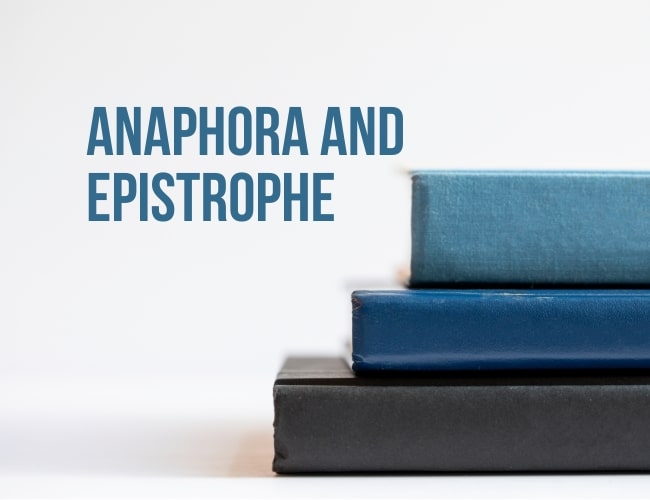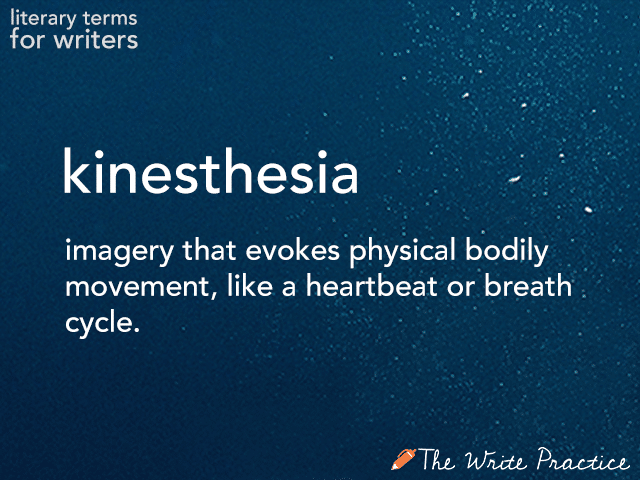
by Liz Bureman |
Yeah, like you’re going to see a list of plot types that doesn’t include the Quest. The Quest is a search for a place, item, or person that requires the hero to leave home in order to find it. Sometimes the item is just a MacGuffin to drive the plot along; other times the thing driving the quest is specific to the story’s circumstances. Either way, the hero is leaving home to find whatever the heck the story demands, and we get to come along for the ride.

by Liz Bureman and Elizabeth Nettleton |
Afterward and afterword might sound similar, but they are in fact completely different words. So, what do they each mean? And when should you use them? Today, we’re looking at afterward vs. afterword and their usages in writing.

by Sue Weems and Liz Bureman |
Last Wednesday through Sunday, I went to Reykjavik with some friends thanks to Groupon. Fortunately, the jet lag hasn’t hit much since coming home, but it was a great weekend. We saw the Northern Lights, we saw waterfalls, we saw geysers, and we saw a place where two tectonic plates meet.
By the way, that last text pattern, with the repetition of “we saw”, is what’s called anaphora.

by Liz Bureman |
It’s kind of fun when words that refer to literary techniques have their origin in other disciplines. Take kinesiology, for example. I had several friends in college who were kinesiology majors, which means that they studied the science of human movement. That general idea of movement is also reflected in today’s new literary word: kinesthesia.

by Liz Bureman and Elizabeth Nettleton |
In speech, when you contract “could have,” “would have,” or “should have,” you end up with what sounds like, “could of,” “would of,” and “should of.” However, that is not what should be written. The proper contracted forms of could/would/should have are could’ve/would’ve/should’ve.
And yes, could’ve is an acceptable contraction. What is not acceptable is saying “could of” instead, because that is just plain wrong.







